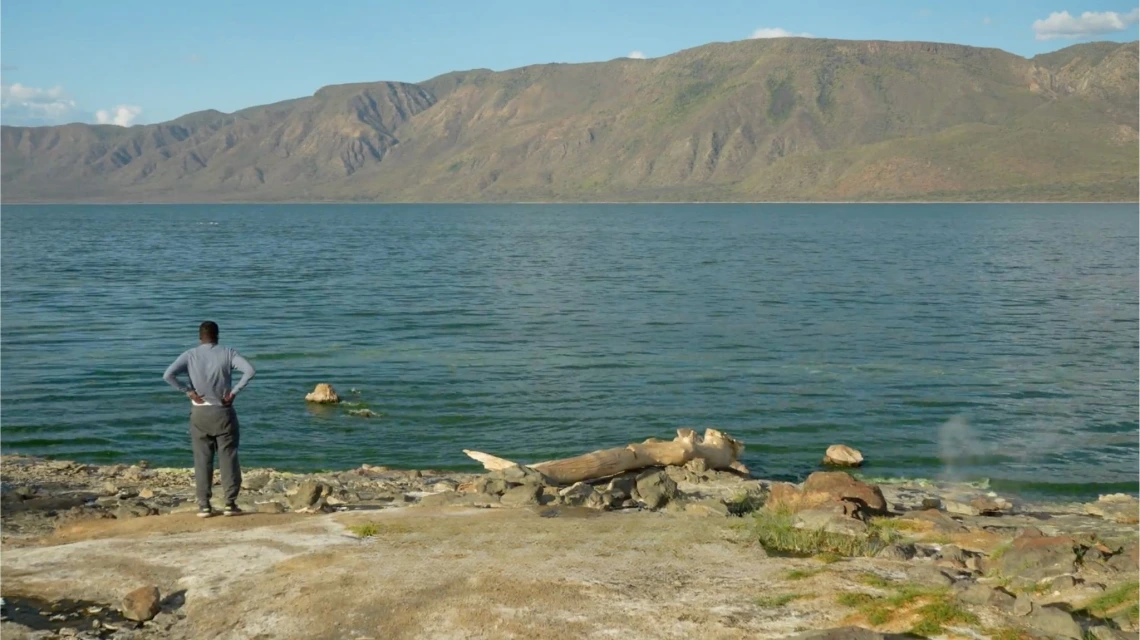Video Testimony: Kiptoo, an Endorois from Lake Bogoria in Kenya: "We are almost synonymous with the lake”
At the Shores of Lake Bogoria, Kenya: The Endorois' Enduring Struggle

The Endorois, an Indigenous community numbering approximately 60,000, have deep ancestral ties to their sacred lands around Lake Bogoria in Kenya's Rift Valley. Their traditional way of life as a pastoralist community revolves around herding livestock, intricately linked to the lake and its resources. Their way of life was shattered in 1973 when the Kenyan government evicted them to create the Lake Bogoria Game Reserve, later renamed Lake Bogoria National Reserve, without any form of consultation or consent. This land grab denied them collective ownership, restricted access to their religious sites and natural resources, and undermined their cultural identity. In recent years, cattle raids by neighboring groups and conflicts over dwindling resources, exacerbated by climate change and droughts, have further destabilized their lives.
In a landmark ruling, Endorois Community v. the Republic of Kenya (2010), the African Commission on Human and Peoples' Rights (ACHPR) recognized the Endorois' ancestral land rights and their right to development, ordering the Kenyan government to restore their land, ensure access to Lake Bogoria, provide compensation, and pay royalties from the reserve's profits. However, progress has been slow. A government task force established in 2014 made little headway, and only a small amount of royalties has been paid by Baringo County Government. The Endorois’ case represents the first legal recognition of an African Indigenous Peoples' rights over traditionally owned land and to also have found a violation of their right to development.
The powerful interview we conducted of Kiptoo Barasa was filmed in February 2024 at the shores of Lake Bogoria. In May, 2025, Kiptoo received his SJD degree (the Ph.D. equivalent for lawyers) from the University of Arizona Indigenous Peoples Law and Policy Program, after serving for three and a half years as the Bay and Paul Foundations Fellow. At the entrance, park rangers insisted on our paying an entrance fee despite being in the company of Kiptoo, an Endorois community member. He explained to the rangers how the Endorois had won their case and insisted on their right to unrestricted access to the lake as an Endorois without paying any fee. We also viewed where his maternal grandfather lived, just within the vicinity of the park entrance.
Kiptoo himself was involved with the Endorois case while studying law through the Endorois Welfare Council and Minority Rights Group International (MRG), the lead organizations suing on behalf of the community. After graduating from Moi University and later earning his diploma at the Kenya School of Law, he worked with the Kenya National Commission on Human Rights as a senior human rights officer. While at the University of Arizona, Kiptoo conducted research for the office of the United Nations Special Rapporteur on the Rights of Indigenous Peoples.
As an advocate admitted to the Bar in Kenya with an accomplished background in Indigenous Peoples’ human rights, Kiptoo is committed to continue the Endorois’ struggle in reclaiming their rights and ancestral lands, despite the slow pace of justice in his home country.
The Endorois’ story is a crucial reminder of the compelling need for governments to recognize and protect Indigenous Peoples rights, engage in meaningful consultation, and implement precedent-setting judicial rulings aimed at rectifying historical injustices.

